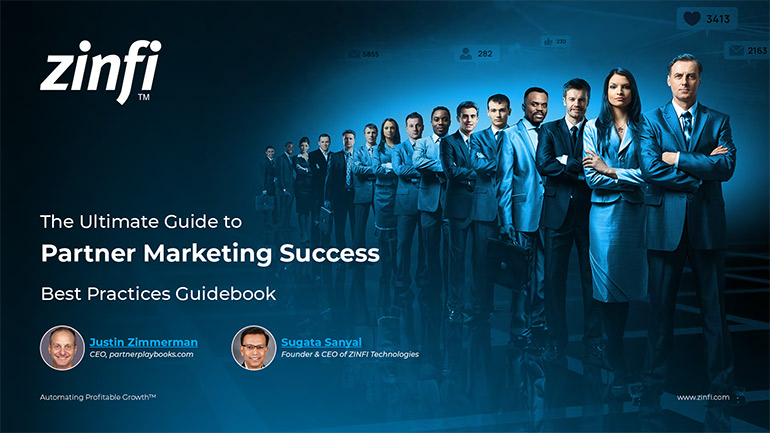The founding story of a major partner marketing company, Marketopia, highlights a desire to provide affordable marketing solutions for IT resellers, ultimately building a comprehensive marketing powerhouse. Initially focused on digital marketing through HubSpot, Marketopia expanded into offering integrated telesales and lead generation services to boost sales appointment conversion rates. An emphasis on recurring revenue models, such as managed IT services, helped set the foundation for long-term client partnerships.
Over time, Marketopia realized that simply generating leads was not enough. Sales teams required support to nurture and convert leads into real opportunities. This led to an expansion of services, including telemarketing and business development resources, helping clients close deals more effectively. Combining digital and tele strategies created a more complete lead generation ecosystem, driving more substantial ROI for technology partners.
This evolution positioned Marketopia as a unique player in the partner marketing space. Its “Growth Machine” platform now centralizes website hosting, email marketing, CRM integration, and telesales activities, providing vendors and resellers with a seamless way to scale. Early experiences and a willingness to adapt created a blueprint for success in partner relationship management.













